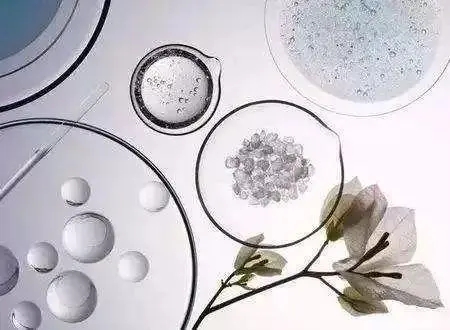
 CONTACT
CONTACT
- Linkman:Linda Yao
- Tel: +8618231198596
- Email:linda.yao@dcpharma.cn
- Linkman:CHARLES.WANG
- Department:Overseas
- Tel: 0086 0311-85537378 0086 0311-85539701
Medical grade ε- Polylysine hydrochloride
TIME:2024-03-07
Medical-grade ε- Polylysine hydrochloride is a compound with specific applications in the medical field. Its primary use is as an adhesive for bonding tissue sections to slides. Polylysine solutions, particularly poly-L-lysine, interact strongly with the anions on tissue slices, creating a robust adhesive force. This makes it an ideal choice for various medical and biological experiments.
This adhesive plays a crucial role in histology, immunohistochemistry, frozen sectioning, cell smearing, and in situ hybridization experiments. In particular, it is instrumental in preventing tissue sections from detaching from slides during these experiments, which could otherwise compromise samples and render experimental results invalid. The use of ε- Polylysine hydrochloride effectively prevents such occurrences, enhancing the accuracy and reliability of experiments.
Furthermore, ε- Polylysine hydrochloride is widely employed in cell culture to enhance cell adhesion. In the process of cell culture, cells need to attach to the surface of culture bottles or plates to grow and reproduce. ε- Polylysine hydrochloride provides an ideal surface for cell adhesion, thereby promoting cell growth and reproduction.
While ε- Polylysine hydrochloride finds extensive applications in the fields of medicine and biology, it comes with certain limitations and precautions. Excessive intake may lead to cytotoxicity, necessitating control over appropriate concentrations and dosages during use. Additionally, storage conditions are crucial, typically recommended at -20°C, with an avoidance of repeated freeze-thaw cycles.
Medical-grade ε- Polylysine hydrochloride serves as a vital medical reagent, playing a key role in tissue sectioning, cell culture, and other biological experiments. However, its potential side effects and limitations should be carefully considered during use to ensure the safety and effectiveness of experiments.
- Tel:+8618231198596
- Whatsapp:18231198596
- Chat With Skype







